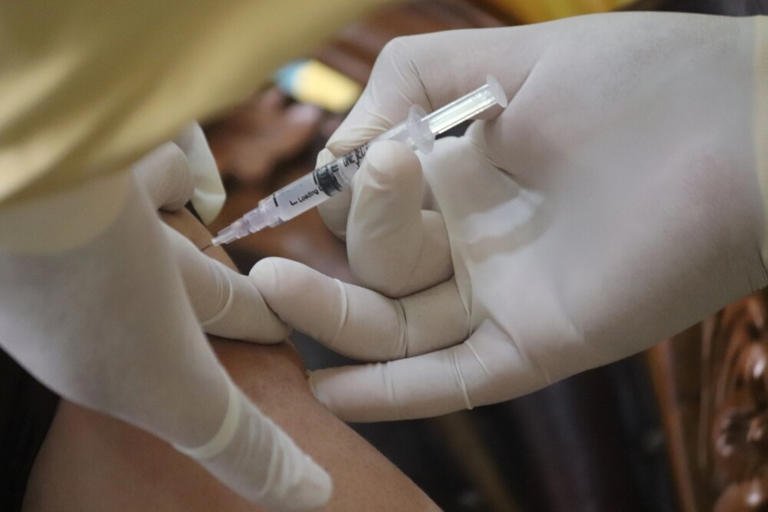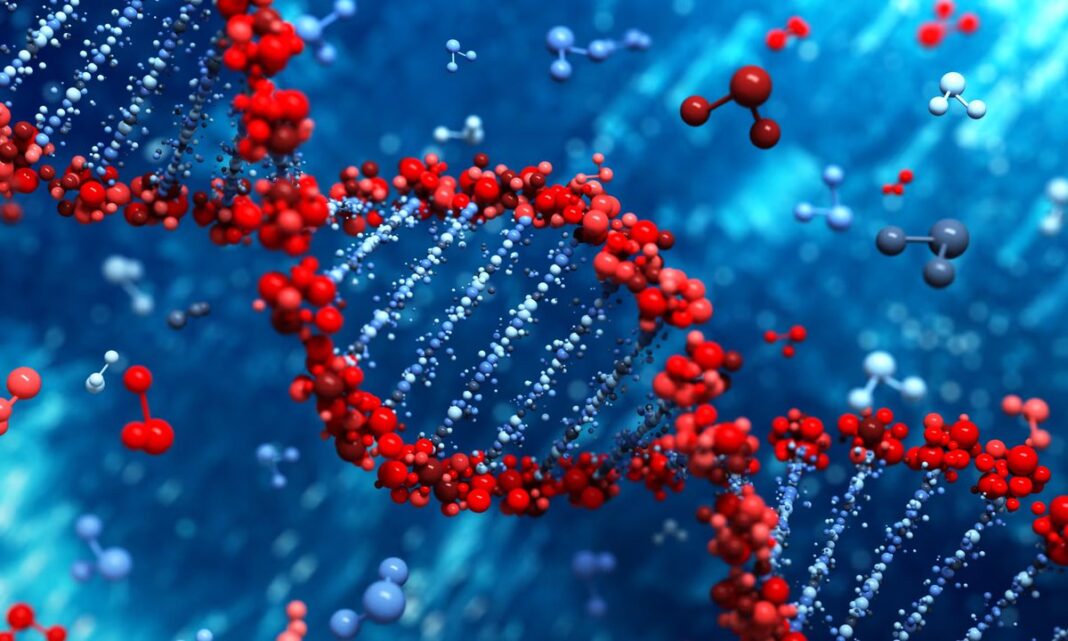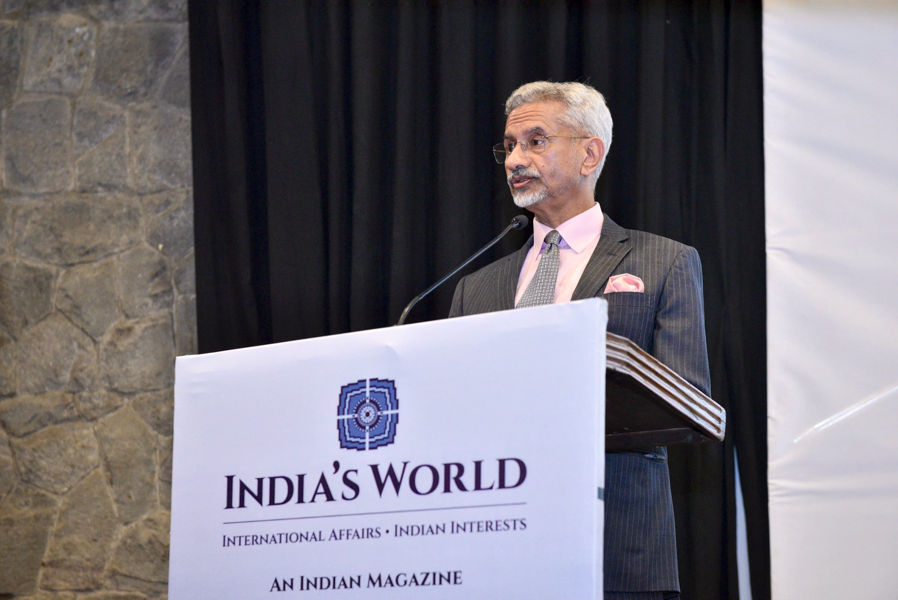A prominent group of 38 leading scientists from across the globe, including Nobel laureates and other distinguished experts, has urged a halt to research into the creation of “mirror life” microbes. Their call comes amid growing concerns that these synthetic organisms could pose “unprecedented risks” to life on Earth.
The experts have specifically warned that mirror bacteria, which are created from mirror-image molecules of those found in nature, might establish themselves in the environment and potentially evade the immune defenses of natural organisms. This could lead to lethal infections that threaten humans, animals, and plants alike. The warning was part of a comprehensive 299-page report that also featured commentary in Science journal, highlighting the critical need for a broader global discussion on the implications of this research.
The group emphasized their enthusiasm for the groundbreaking potential of research into mirror molecules, which have the potential to revolutionize medicine and biotechnology. However, they also pointed to significant risks associated with creating mirror microbes, urging that no further work on these organisms should be conducted until a thorough risk assessment is completed. They are calling for research funding bodies to reconsider their support for these experiments until these concerns are addressed.
The Risks of Mirror Microbes
Mirror microbes are created using mirror-image molecules, which are variations of the molecules that form the building blocks of life. While most biological systems rely on “right-handed” molecules, mirror life involves “left-handed” versions of the same molecules. For instance, human DNA is made from right-handed nucleotides, and proteins are composed of left-handed amino acids. These mirror molecules have been created successfully in laboratories, with researchers managing to build large, functional molecules for research purposes.

However, creating an entire living organism from these molecules remains a challenge. Although it could take at least a decade to develop a viable mirror microbe, the experts warn that these microbes could pose a serious threat to both ecosystems and human health. One of the key concerns is that mirror bacteria could potentially slip past immune defenses in humans, animals, and plants, making them virtually undetectable and highly dangerous. In fact, the group believes that if mirror microbes were to spread unchecked, they could cause fatal infections across various species.
Professor Vaughn Cooper, an evolutionary biologist at the University of Pittsburgh and one of the experts involved in the warning, described the threat as “unprecedented.” He explained that these mirror organisms would likely evade immune responses, leading to infections that could be uncontrollable and spread rapidly. Given the complexities of such organisms, he warned that they could cause significant and irreversible harm to natural life.
Prominent Experts Behind the Call for Caution
The group urging caution in the development of mirror life microbes includes some of the most well-known figures in the scientific community. This includes Nobel laureates like Professor Greg Winter from the University of Cambridge and Professor Jack Szostak from the University of Chicago, both of whom have made landmark contributions to the field of molecular biology. Also part of the group is Dr. Craig Venter, the biotechnologist famous for his role in sequencing the human genome in the 1990s.
Together, these experts have called for a global conversation to weigh the potential benefits of mirror life microbes against the significant risks they could pose. While they recognize the innovative potential of these organisms, particularly in areas such as medical therapies and bioproduction, they believe the dangers associated with them should not be ignored.
Potential Benefits and Applications
Despite the concerns, researchers remain optimistic about the potential applications of mirror molecules. Once fully developed, these molecules could lead to new therapies for chronic diseases that are difficult to treat with current medical techniques. Additionally, mirror microbes could be used in bioproduction processes, utilizing engineered microbes to produce chemicals and materials in a sustainable and efficient way. The creation of mirror-life organisms could also provide valuable insights into the basic mechanisms of life itself, potentially unlocking new areas of scientific discovery.

However, the possibility that mirror microbes could spread uncontrollably, causing harm to natural systems, underscores the importance of conducting thorough research into their safety before progressing further.
A Call for Global Debate and Caution
In light of the growing concerns, the expert group has urged a worldwide debate about the creation and deployment of mirror microbes. They have recommended a pause in research and development until a proper risk assessment has been conducted. Furthermore, they have called for a commitment from funding agencies and research institutions to halt their financial backing for these projects until adequate safeguards are in place.
As the field of synthetic biology continues to advance, the balance between scientific innovation and precaution is becoming increasingly important. While the potential benefits of mirror life organisms are considerable, their unintended consequences could be catastrophic if not properly managed. The call for a global conversation about these risks is a necessary step in ensuring that new technologies are developed responsibly, with a focus on both their potential and their dangers.






